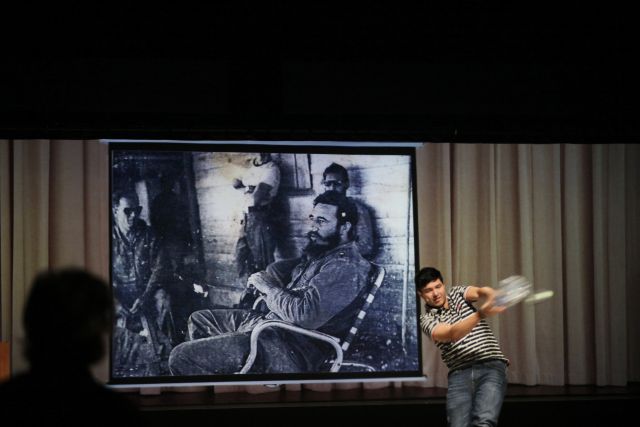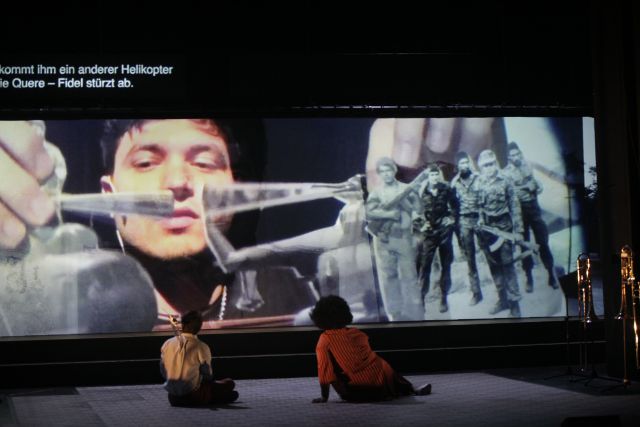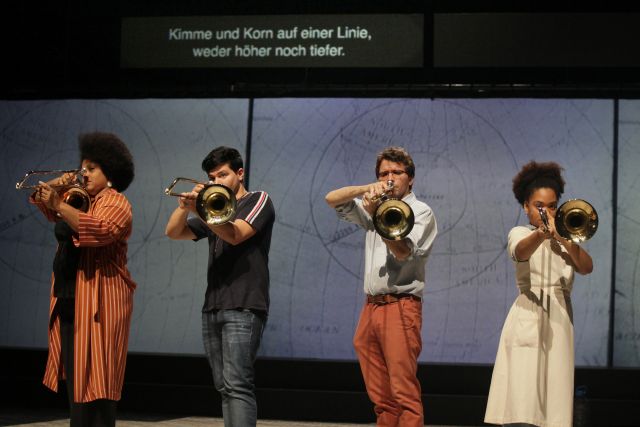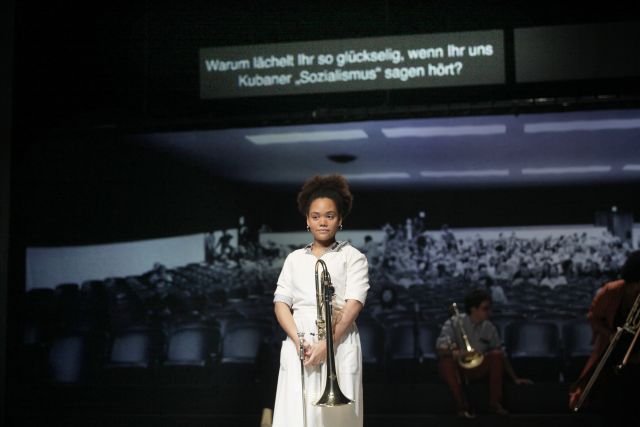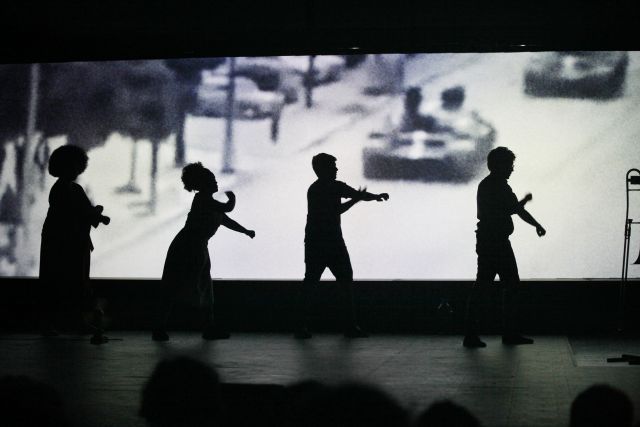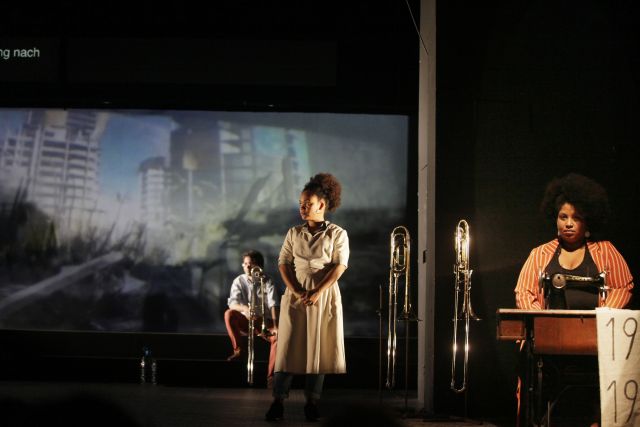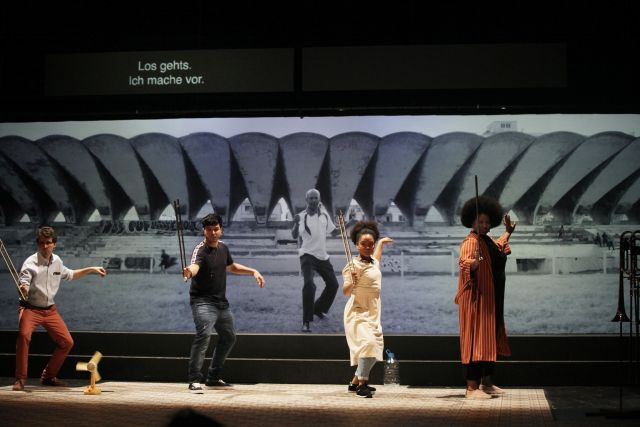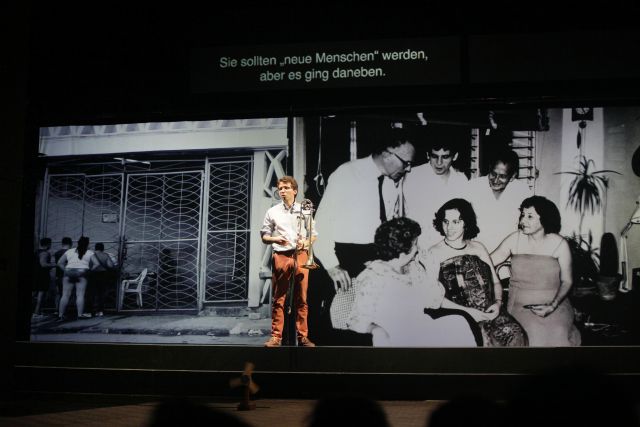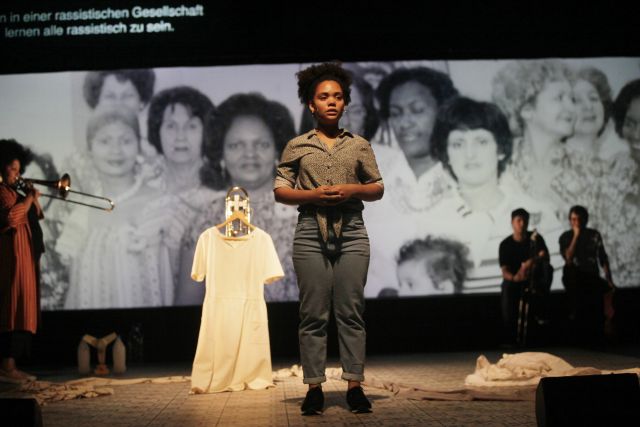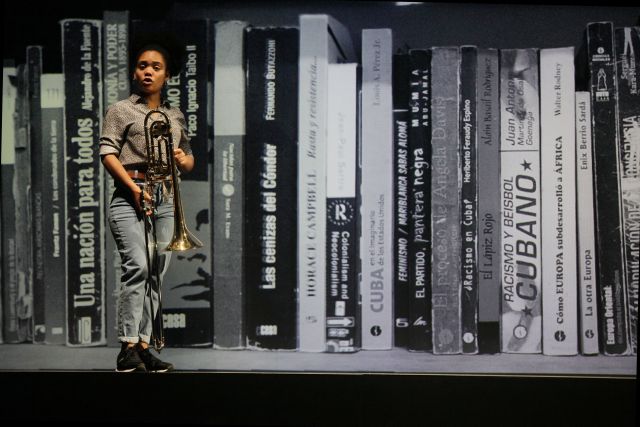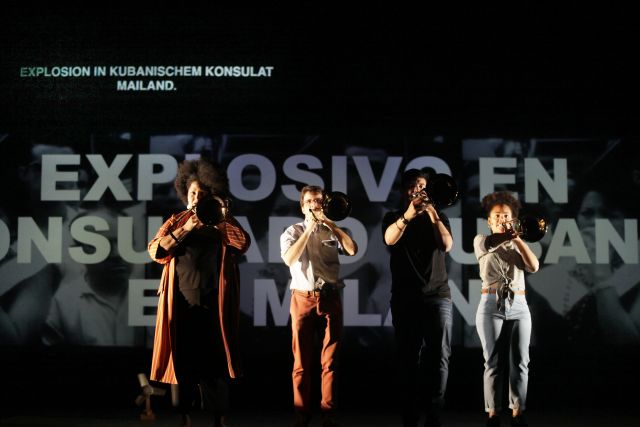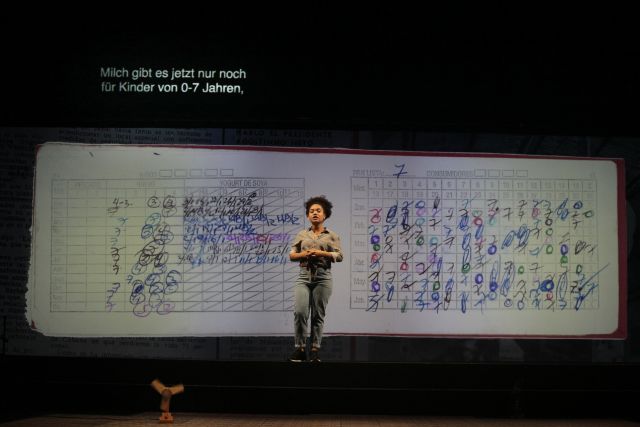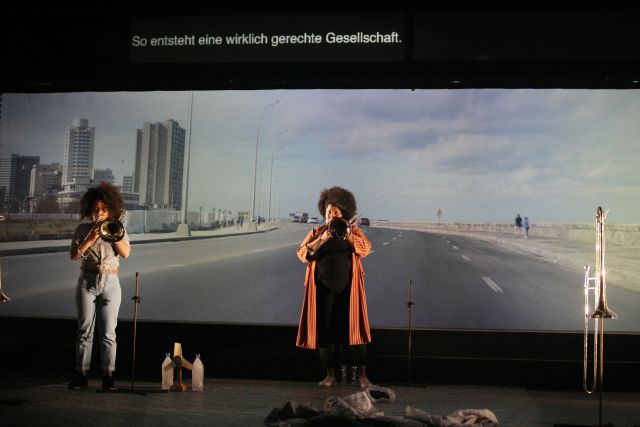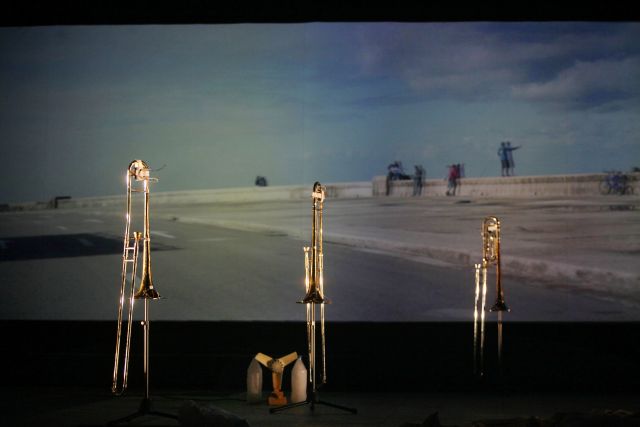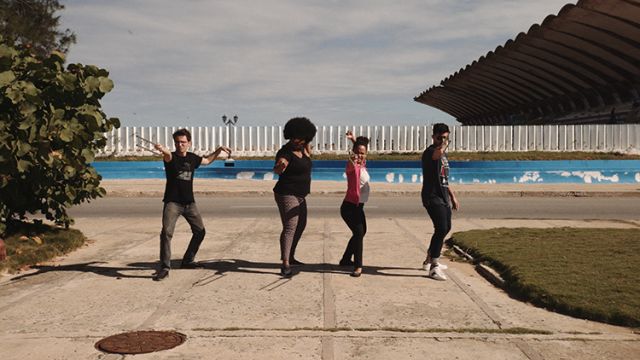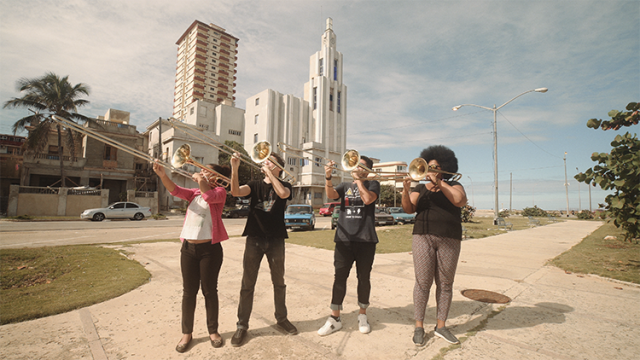Skip to main content
Granma
Posaunen aus Havanna / Metales de Cuba
Cuba has always been a projection space for utopians and concept of the enemy for critics. 60 years after the Revolution, Rimini Protokoll asks the grandchildren generation about their relation to the myths and realities of the Revolution and invites four of them to tell their stories on stage. For example Daniel, 36, who is a mathematician and filmmaker. His grandfather Faustino Pérez was one of Fidel Castro’s most trusted comrades and in 1956 he organized the ship »Granma« that brought revolutionaries from Mexico to Cuba. After their triumph, Pérez became the first »Minister for the Recovery of Property« and commenced the expropriation of the elite. His grandson Daniel still has the catalogue from an auction where valuable barrettes and seaside villas were sold. But what is all of that worth today? On stage with Daniel, the 24-year-old software programmer Christian traces the path of his grandfather who was in Angola as a combat pilot in the civil war. Milagro tries to carry forward the history of the revolution, which enabled her to study. In Granma. Trombones from Havana, together with the 31 year old musician Diana, whose grandfather played in the »Orquesta Maravillas de Florida«, these young Cubans embark on a journey through time in which they tell the stories of their families over multiple generations and intertwine them with contemporary sociopolitical questions of a country that is changing. In the company of the composer Ari Benjamin Meyers and four trombones they exercise a revolutionary music practice: they learn to do together something that they thought would never be possible before.
Opening night: 21/March 2019
Aufführungsrechte: Rimini Protokoll
Eine Produktion von Rimini Apparat und Maxim Gorki Theater Berlin. In Koproduktion mit Emilia Romagna Teatro Fondazione, Festival TransAmériques (Montréal), Kaserne Basel, Onassis Cultural Centre – Athens, Théatre Vidy Lausanne, LuganoInscena-Lac, Zürcher Theaterspektakel. Gefördert durch die Kulturstiftung des Bundes, Pro Helvetia, Schweizer Kulturstiftung, Senatsverwaltung für Kultur und Europa. In Zusammenarbeit mit dem Goethe-Institut Havanna
Photo: Esra Rotthoff
Stage photos: Ute Langkafel, Mikko Gaestel / Expander
A documental journey through time by
Rimini Protokoll
A project by
Stefan Kaegi
Concept and Direction
Stefan Kaegi


